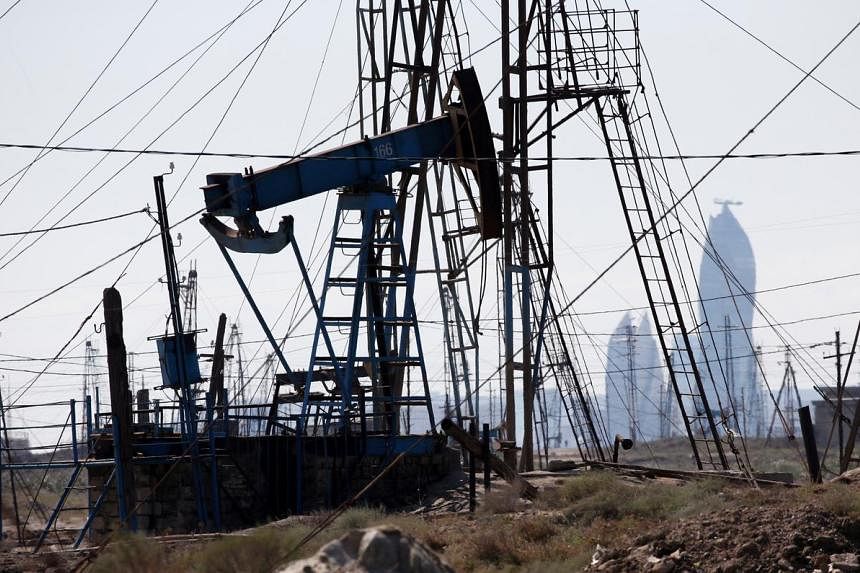BERLIN - Azerbaijan, host of this year's U.N. climate summit, will defend the right of oil and gas producing nations to invest in the sector, the country's president said on Friday, noting that despite climate targets, fossil fuel demand remains strong.
As the host of the United Nations COP29 climate summit in November, Azerbaijan will oversee negotiations among nearly 200 countries on how to raise more finance to combat climate change and reduce the greenhouse gas emissions heating the planet.
"As the head of the country which is rich with fossil fuels, of course, we will defend the right of these countries to continue investments and to continue production because the world needs it," Azerbaijan's President Ilham Aliyev told a climate conference in Berlin on Friday.
"But at the same time, countries with fossil fuel ... should be among those who demonstrate solidarity with respect to issues related to climate change," he said.
Last year's U.N. climate summit in the United Arab Emirates ended with a global agreement calling for "transitioning away from fossil fuels" to reach net zero emissions by 2050.
Burning fossil fuels for energy is the main source of the greenhouse gas emissions causing climate change. Global energy-related carbon dioxide emissions increased to a record high last year, International Energy Agency data show.
How countries will implement the COP28 deal in the next few years remains to be seen. Aliyev said Azerbaijan would increase its natural gas exports to Europe to reach 20 billion cubic meters by 2027, considering the current geopolitical situation.
"This is a sign of responsibility of Azerbaijan because we largely are investing in increasing our gas production because Europe needs more gas from new sources," Aliyev said.
European countries have some of the world's strictest targets to cut emissions by 2030 - but, at the same time, have raced to secure new gas supply sources after Russia slashed gas deliveries to Europe, following Moscow's 2022 invasion of Ukraine. REUTERS

